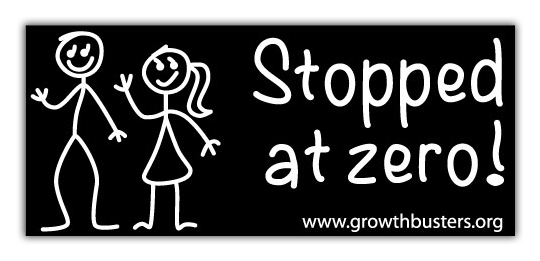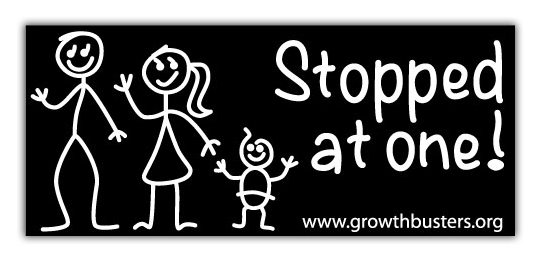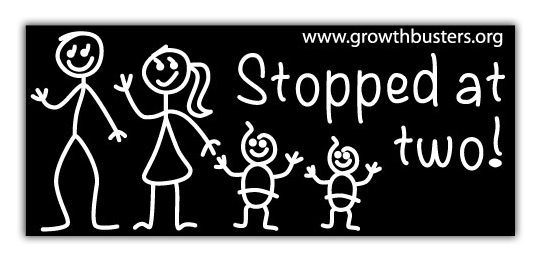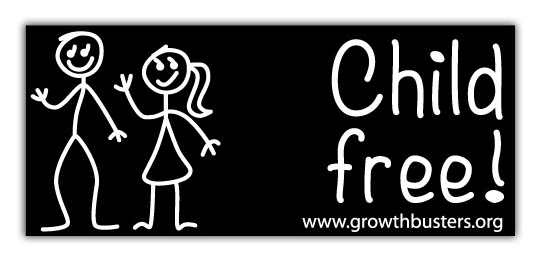Observe Earth Hour Tonight & Take the Think Small Pledge
I encourage you to join millions of people around the world tonight in observing Earth Hour. From 8:30 to 9:30 p.m. turn off all your lights and unnecessary electrical devices, in a gesture acknowledging you understand and will continue to do something about the urgent need to, individually and collectively, reduce our use of fossil fuels.
Ostensibly this is necessary to reduce greenhouse gas emissions and the climate disruption they cause. Even if this weren’t the case, I would suggest it’s important we acknowledge there is a finite supply of these fuels on the planet, and we have no right to burn through most of it in 300 years, leaving none for the use of future generations. That kind of thinking is relatively new to us, but it’s the type of thinking we must do now that we’ve filled the planet with 7 billion of us. This intergenerational golden rule is one of the bases of my quest for our civilization to achieve sustainability.
Turning off the lights, computers and televisions for one hour is not enough, however. If we are to successfully contract the scale of the human enterprise (population and economy) to a sustainable level, it’s imperative we do much more than observe Earth Hour or change our light bulbs. That’s why I’ve established and taken the Pledge to Think Small.
![]() This pledge is a commitment to change our own lives AND to change the unsustainable growth-centric parts of our system. If you’ve been wondering how you as an individual can effect change to a global system hooked on growth, despair no more. There are things you can do. See the Think Small pledge.
This pledge is a commitment to change our own lives AND to change the unsustainable growth-centric parts of our system. If you’ve been wondering how you as an individual can effect change to a global system hooked on growth, despair no more. There are things you can do. See the Think Small pledge.
 Some of my marketing-expert friends have given me grief about the slogan, “Think Small.” They tell me that won’t fly. “Inspire people to think big!” they say. I had no idea this pledge would draw out yet another example of how our culture has come to think bigger is better. “Think small” was an immensely successful advertising slogan for the introduction of the original Volkswagen Beetle to America in the 1960s. Ad Age magazine called it the best advertising campaign of the 20th century. I know it can be a good marketing slogan.
Some of my marketing-expert friends have given me grief about the slogan, “Think Small.” They tell me that won’t fly. “Inspire people to think big!” they say. I had no idea this pledge would draw out yet another example of how our culture has come to think bigger is better. “Think small” was an immensely successful advertising slogan for the introduction of the original Volkswagen Beetle to America in the 1960s. Ad Age magazine called it the best advertising campaign of the 20th century. I know it can be a good marketing slogan.
It’s very appropriate today in thinking of the Earth. For most of human history, our planet seemed enormous. Humankind was an insignificant force on this big, blue marble. But the twentieth century saw us harness the power of coal, gas and oil. That allowed global population to explode – from under 2 billion in 1900 to nearly 6 billion a hundred years later. 1 billion on the planet – the Earth seems pretty big. 7 billion today – the planet is smaller. China’s air pollution doesn’t just blow away; it blows to the west coast of the U.S. Biologist Paul Ehrlich explains it well in this clip from the interview I filmed for GrowthBusters:
To make a difference, we do need thousands of people to take this pledge. I can’t do this without your help. Will you please sign the pledge and ask ten of your friends to sign it? Let’s make this a pyramid scheme for good. If you ask ten friends to sign, each of them asks ten friends to sign, who each invite ten of their friends, and each of those friends shares the pledge with ten of their friends, we could – within a few hours – add 10,001 signatures. I set 10,000 signatures as a goal. If we can hit that just this weekend, the sky is the limit. I think we’d have enough momentum to capture serious attention. We could hit 100,000. We could make a big difference. In that case, bigger will be better! Thank you for doing your part to help.
Dave Gardner
Filmmaker
Dave Gardner is the director of the new documentary, GrowthBusters: Hooked on Growth, which uncovers the cultural forces that keep us pursuing growth in the face of overwhelming evidence we’ve outgrown the planet.
Permission is granted to post this elsewhere on the Internet, provided the original source is given and linked.
Trackback from your site.




DAVID JUSTICE
| #
Tomorrow is Earth Day. Doyou remember the first one in 1970?
Reply
Dave Gardner
| #
Hmm. I was thinking Earth Day is April 22, David.
Reply